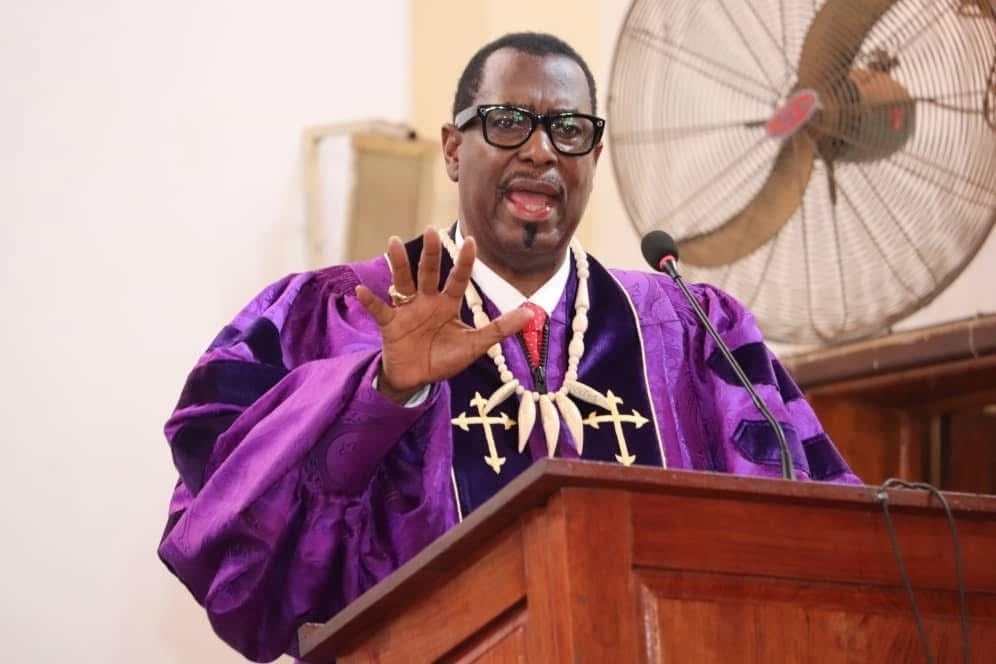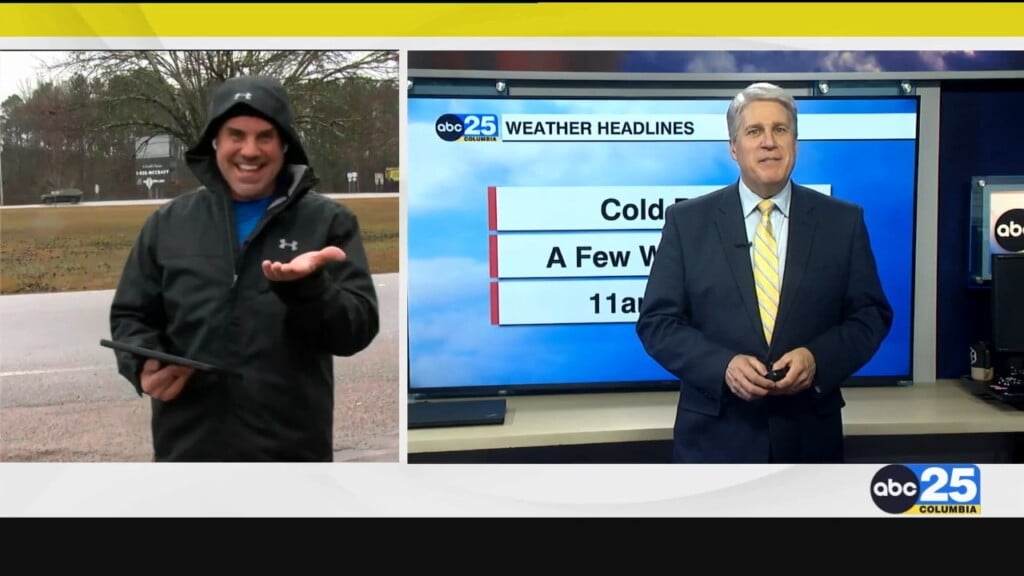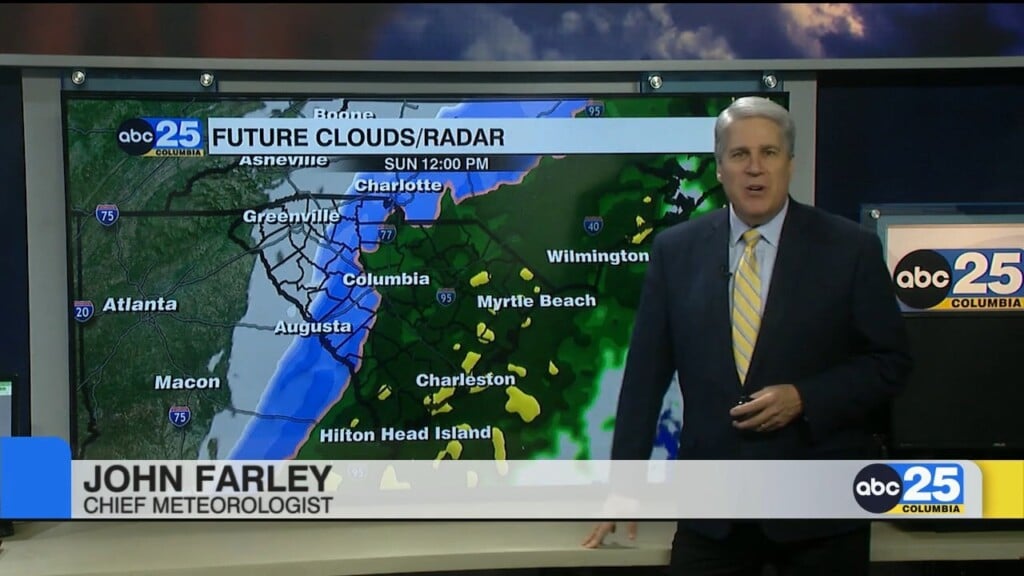Local students attend virtual Q&A with NASA astronaut
COLUMBIA, SC (WOLO) — Young Science students at PACE Academy in Columbia, a school dedicated to youth with dyslexia, had the chance to take part in a virtual question and answer session with Astronaut Loral O’Hara on the International Space Station.
Students from across the Southeast attended NASA‘s virtual meeting, where they got to ask any space related questions, like, what effect does nearly zero gravity have on the team?
“You can also (work) upside down, so I could be working, and this is my new floor and this is my new ceiling. And when I first got on the space station, that was really confusing and I would be extremely disoriented if I came into a module in a different orientation…” she says.
And other questions like, how does it feel to sleep in space?
“These days I’m sleeping way better, even than I do on Earth. When I first got up here, it was a little hard to fall asleep, just because you don’t have the usual cues. You don’t feel like you’re lying in a bed, you’re just kind of floating like you’re trying to fall asleep while you’re floating underwater for example. But now, I think it’s very comfortable, so I love it,” she says.
Debbie Bond, PACE Academy Science Teacher, says virtual experiences like this are empowering for students at the academy, which is dedicated to youth with dyslexia.
“With this program, what helps them is to make them feel like they can be an engineer. That they can be a scientist. That they can go to the moon if they want to go to the moon, that they can actually do things like everybody else does, even though we’re differently abled and have disabilities,” Bond says.
Many of the students also asked O’Hara about plant life on the space station, which goes hand-in-hand with Bond’s Science class, who says the students are able to take part in an eight-week course called “Plant The Moon” — where they’ll receive simulated moon rocks and have to figure out how to grow plants as if they were in space.
“To me it’s extremely important because I’m also dyslexic, and when I was a kid, growing up, we didn’t have the multi-sensory activities at my school that I provide, and so it’s important for them to know that if you can’t write it down that’s ok. And if you can touch it, feel it, and talk about it, that’s just as beneficial for being a member of society than writing a lab report,” Bond says.
The students will get started on their “Plant the Moon” kits in February.


